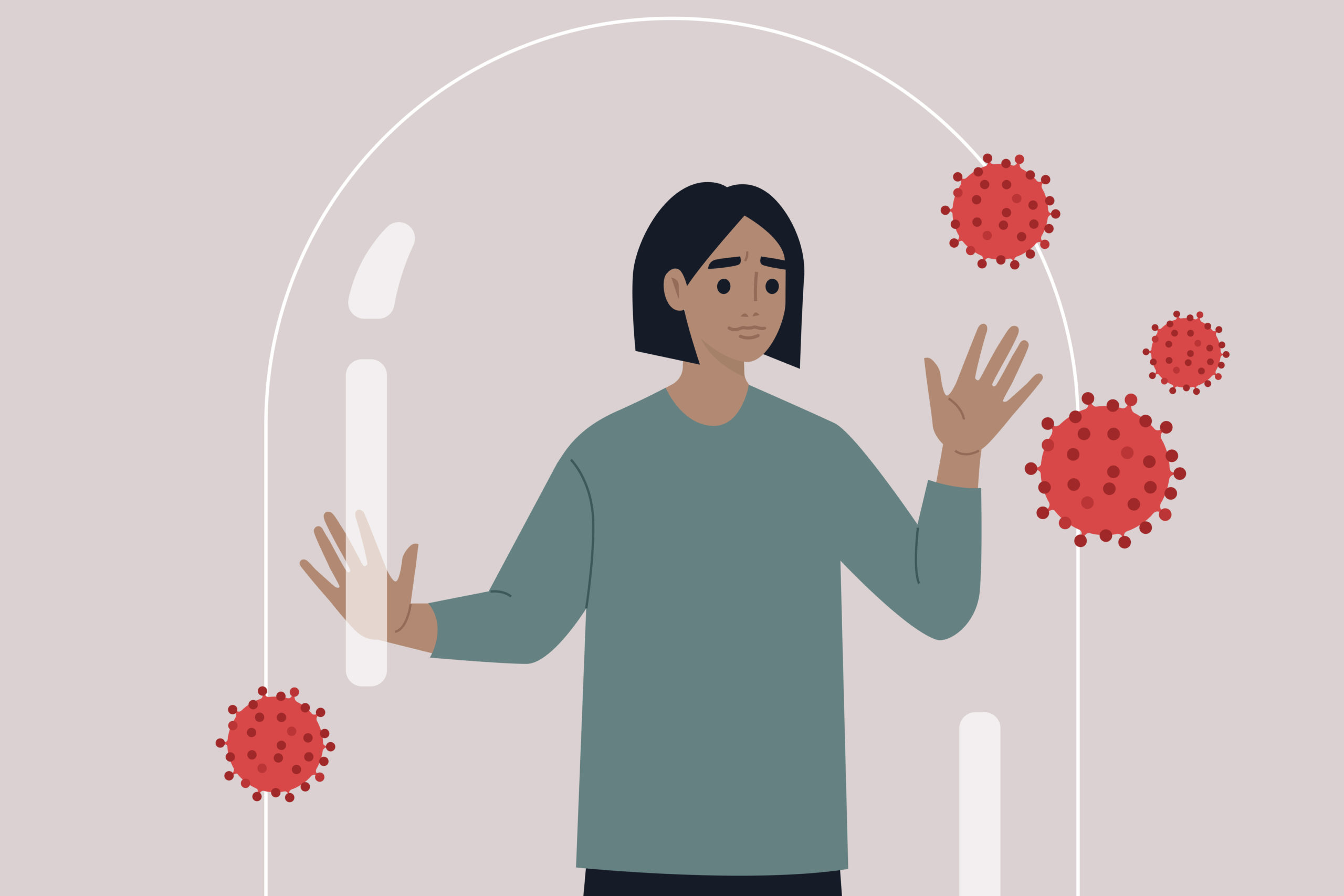Anxiety is a completely normal part of life and at times can even be a good thing. Our brains are biologically wired to protect us and anxiety serves to keep us safe and out of harms way. However, for some of us, anxiety is difficult to manage and at times becomes overwhelming. It can spill over into daily lives, and leave people plagued by fear, panic and self doubt, leading to a constant state of anxiety. When it all becomes too much or we are in stressful situations, this can spill over into panic attacks that are scary and debilitating. So, how do we prevent this build up?
Knowing Your Panic Attack Triggers
The first step to preventing anxiety attacks is knowing your triggers. There are things in our daily lives that we may find stressful, and we are more likely to end up anxious and panicky during these times. Think about the things you find most stressful. Only by identifying these things that could trigger a panic attack can we learn how to prepare ourselves for these situations. Triggers could be:
- Overworking
- Spending time with toxic people
- Exams
- Things that remind you of past trauma
- Venues you feel trapped in
- Large crowds
- Family conflict
- Presentations or big meetings
The Balloon Analogy
Imagine your anxiety is like a balloon. Your triggers are what blows it up. Some of your triggers might feel like a constant supply of air, blowing up the balloon slowly. Others may add a lot of pressure all in one go. When the balloon pops, thats when a panic attack happens. It happens quickly, but it may have been building up from sometime.
Preventing Your Balloon From Popping
In order to prevent a panic attack, you need to be prevent those triggers from blowing up your balloon too much so that it pops. There are many things you can do to help steady your anxiety.
Eat Well
Sometimes when we are stressed we can reach for comfort food. That can be food that is full of sugar and carbs. It might make us feel good at the time, but we can end up with less energy in the long term, cause dips in blood sugar levels that can make anxiety worse. Continuing to eat well during stressful periods, with healthy food that sustains us, ensures that you can keep it level.
Get A Good Amount of Sleep
Not always easy when you are anxious, but getting as much sleep as possible during stressful periods in your life is of utmost importance. Feeling over-tired feeds into anxiety and gives you less energy to manage it. Make sure you have time to relax before bedtime and create the right environment for a good nights sleep.
Exercise Regularly
Exercise gives us energy, burns off nervous energy and makes us feel more in control. Even if its just a daily walk, make sure you get regular exercise when you’re stressed.
Avoid Toxic People
People who make us feel bad about ourselves or make us feel stressed are not helpful when we are suffering from anxiety. You may not be able to avoid them forever, but dont actively spend time with people who make you feel worse, especially when you are going through stress.
Plan Ahead
If you know something is coming up, don’t procrastinate or put off thinking about it. It will only make it worse at the time, and make panic attacks more likely. Plan ahead, revise early, prepare for your meeting with plenty of time.
Schedule in Self-Care Time
Look after yourself. Schedule in time to look after yourself – have a massage, take a bath, or just take some time to sit and read with no disruption. This helps you manage stress and keep relaxed.
Avoid Coffee and Energy Drinks
Too much caffeine puts you on the edge and makes you crash- neither are good for keeping level!
Get a Cathartic Release
Talking to someone helps, whether thats a counsellor or a friend. Or if you dont want to talk about it with someone, try journalling. Write down all your worries to get them out of your head, it can especially help before bedtime to offload your mind.
What To Do It Your Balloon Pops
If you find yourself having a panic attack remind yourself that it shall pass and its only temporary. Generally a panic attack won’t last longer than 20 minutes, so remind yourself that you just have to get through the next 20 minutes or so. Remind yourself of times you have made it through worse.
One technique is to practice grounding.
First of all, make sure you breathe deep and slowly – in through your nose and out through your mouth.
Then take the time notice these five things:
- 5 things you can see
- 4 things you can touch
- 3 things you can hear
- 2 things you can smell
- 1 thing you can feel
This helps ground you and avoid the out of body feeling that can make you feel worse. It helps to put your focus elsewhere.
Adapted from realdepressionproject





